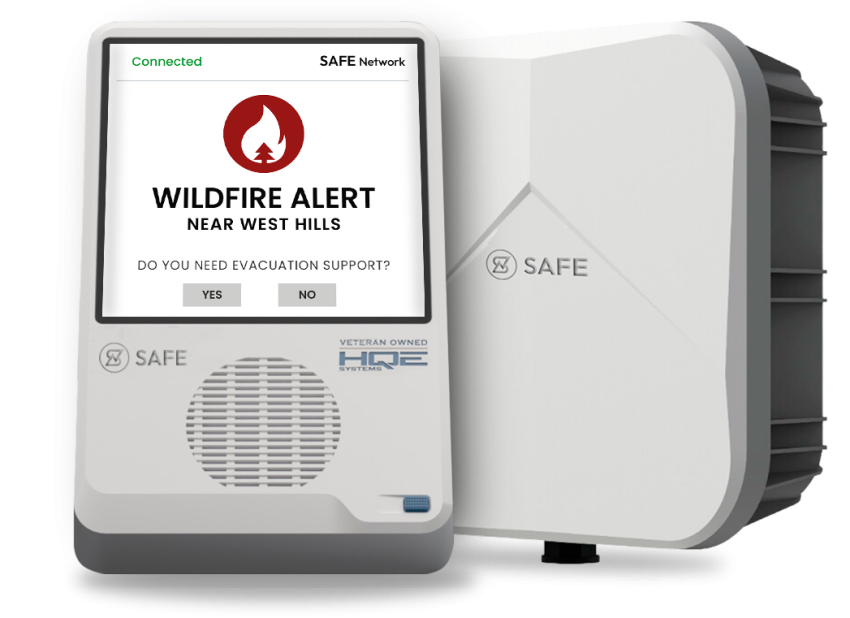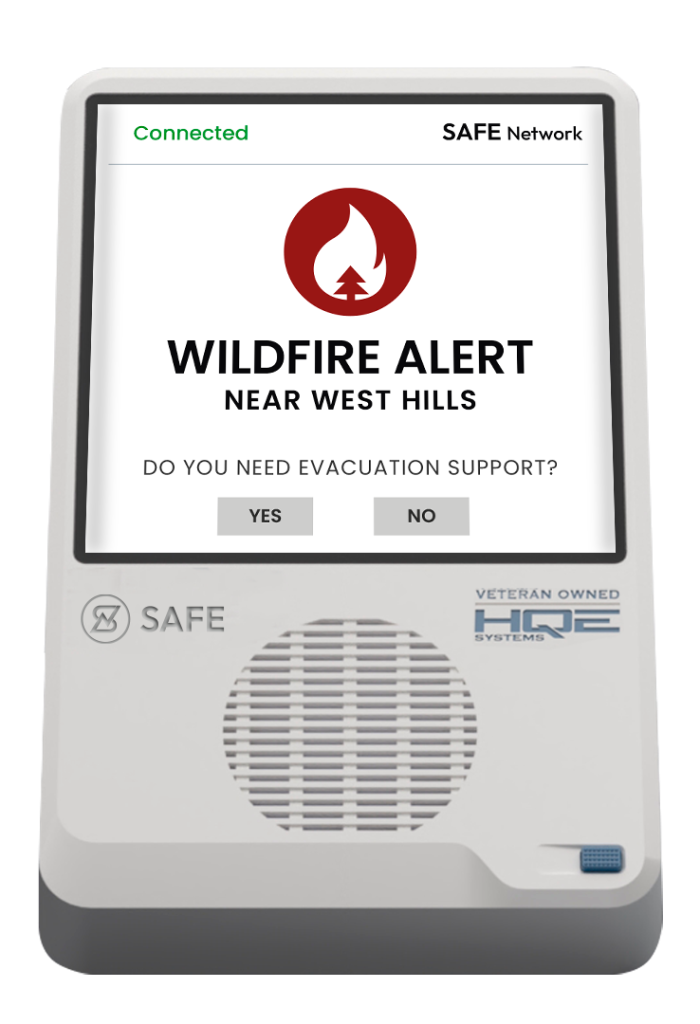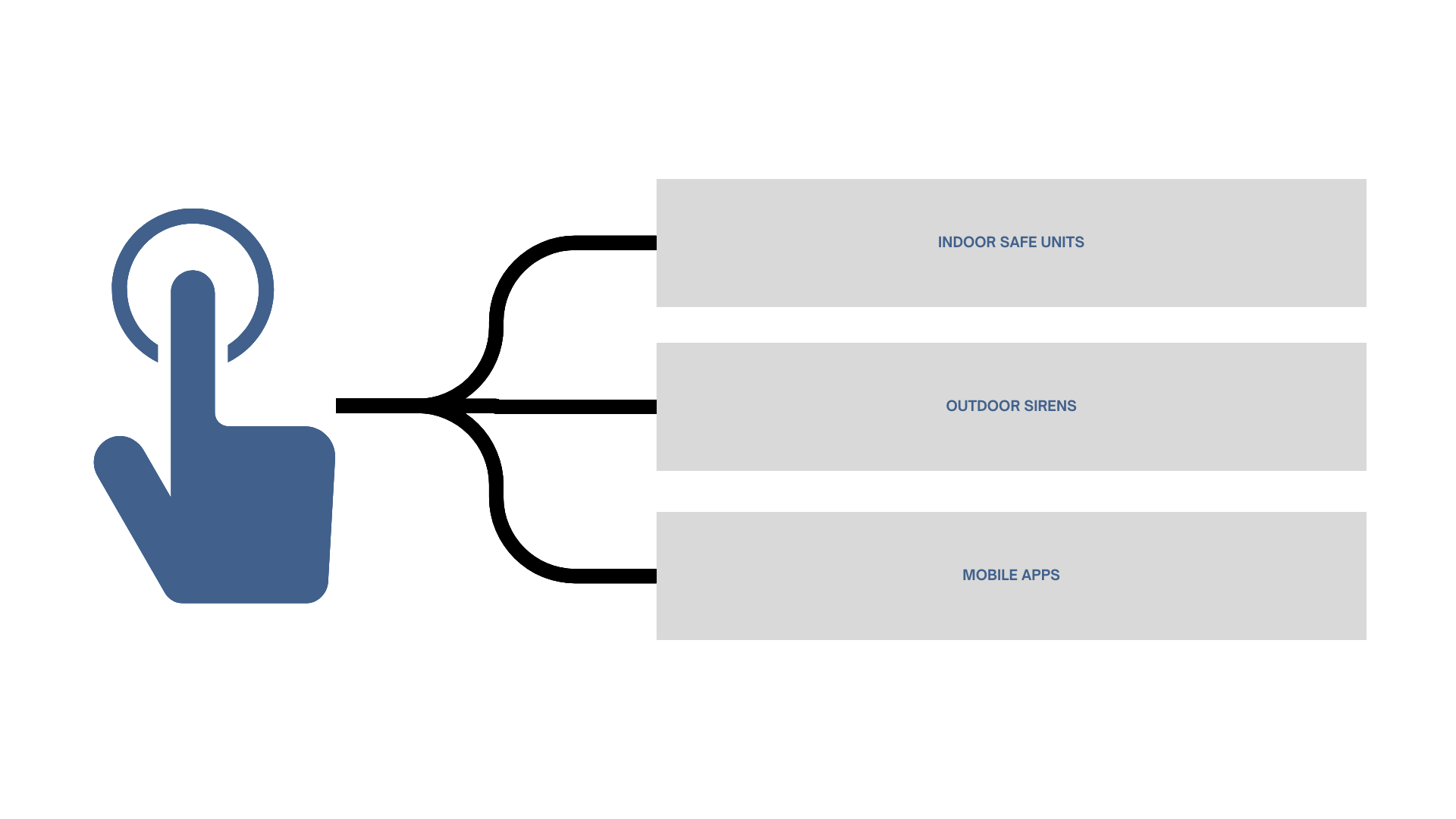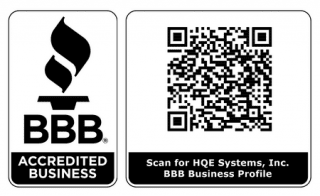A true standalone critical events communications network that operates independently from Power and Cellular networks, ensuring life-saving information reaches everyone, everywhere! - Regardless of power and cellular connection, the Safe Network™ will keep your communities safe and informed!

AC/Cell Systems fail during emergencies for many reasons outside of our control; here are few reasons to note,
High Winds
Strong winds knock down power lines and damage cellular towers, leading to widespread outages. Winds also disrupt the physical infrastructure necessary to maintain communication networks.
Wildfires
Wildfires lead to Public Safety Power Shutoffs (PSPS) by utility companies to prevent further fire spread. Fire damage to cellular towers and power lines also disrupts critical communication.
Floods
Floodwaters damage electrical substations and power grids, leading to prolonged power outages. They can also destroy cellular towers and underground communication cables.
Storm Surges
Lightening or hurricanes and tornadoes inundate power infrastructure, causing widespread outages. Cellular networks fail when submerged equipment or damaged towers lose operation.
Network Overload
During emergencies, too many users attempting to access the network at once can overwhelm cellular infrastructure, causing it to crash. This leads to limited or no communication during critical incidents.
Earthquakes
Earthquakes often damage power plants, transformers, and substations, leading to blackouts. Cellular towers and fiber-optic cables are also susceptible to structural damage, resulting in network failures.
Terrorist Attacks
Cyberattacks on power grids or physical sabotage of power plants and cellular towers can lead to extensive blackouts and loss of communication. Targeted attacks on critical infrastructure can also disrupt emergency alert systems.
Freezing Temperatures
Extreme cold causes ice accumulation on power lines, leading to line breaks and power outages. Cellular infrastructure is vulnerable to freezing temperatures, disrupting network functionality and damaging equipment.
Learn more about our SAFE™ Network System Capabilities,
The SAFE Network™ operates independently of AC or cellular networks, providing a reliable communication method even during power outages or network failures.
Supporting AC, RF, and SAT communications, the SAFE Network™ ensures true redundancy, maintaining continuous operation under any circumstance.
Designed to guarantee the delivery of critical messages and information, this network ensures that alerts are always sent and received without interruption.
The Portable Alert Units (PAUs) are devices designed and developed with the resident in mind for any size critical event. PAUs will provide clear, audible, and attention-grabbing visual alerts.
Is a fully inclusive alerting tool. It is in full compliance with the Americans With Disabilities Act (ADA) and enables the Affected & Functional Needs community to receive the alert in the format that best suits their safety.
The PAU will receive alerts while indoors but it can also be taken on the go in the car or on foot during in the event of an evacuation. This ensures the latest critical events warning information is always at the residents finger tips.




